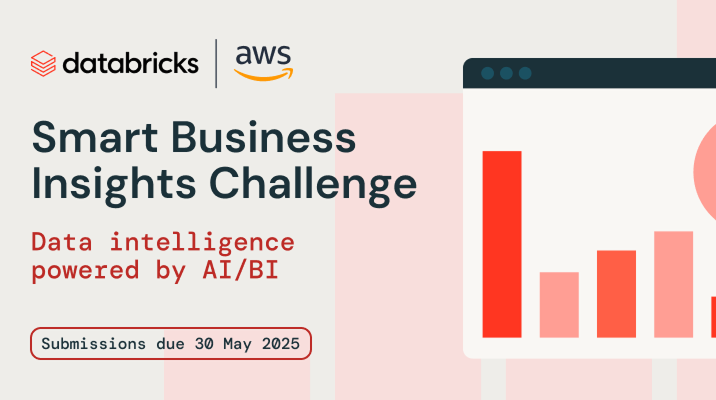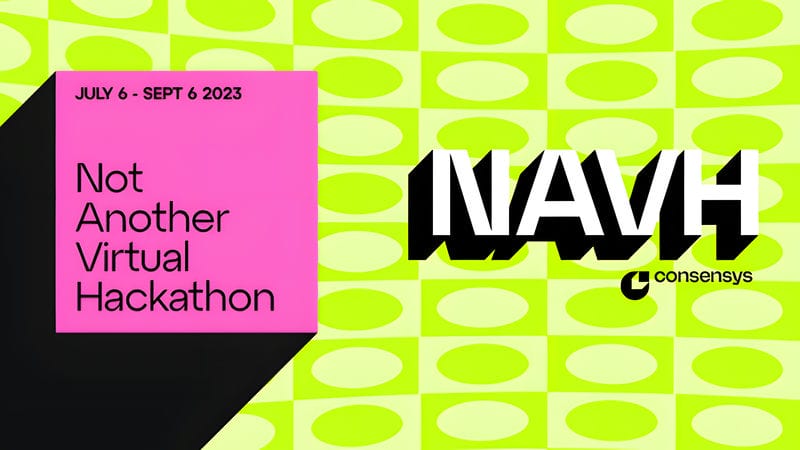HACKATHON PLATFORM
INNOVATE WITH DEVELOPERS GLOBALLY
We help you plan and execute virtual hackathons hosted on StackUp – our hackathon platform home to 160k+ developers globally.
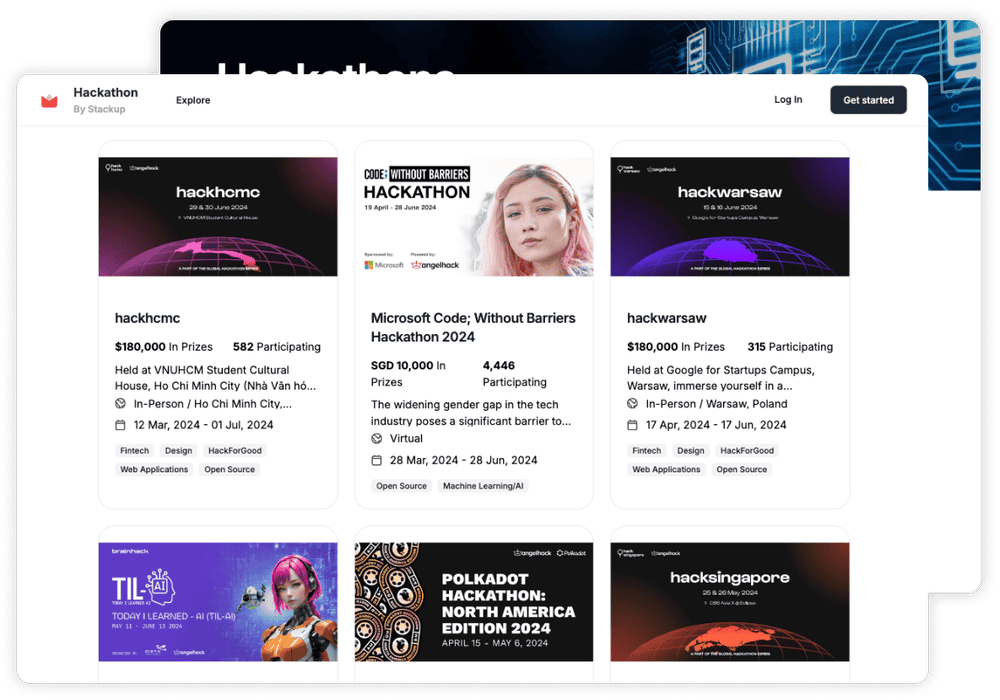















Host Your Own Virtual Hackathon
Bring developers and innovators together in an online competition where participants from anywhere collaborate to build innovative solutions. Competing for prizes, they develop real-world solutions in a fully remote, flexible environment.
370+
HACKATHONS RAN
10,000+
SOLUTIONS IGNITED
100+
CITIES WE’VE HOSTED IN
Hackathon Platform & Services
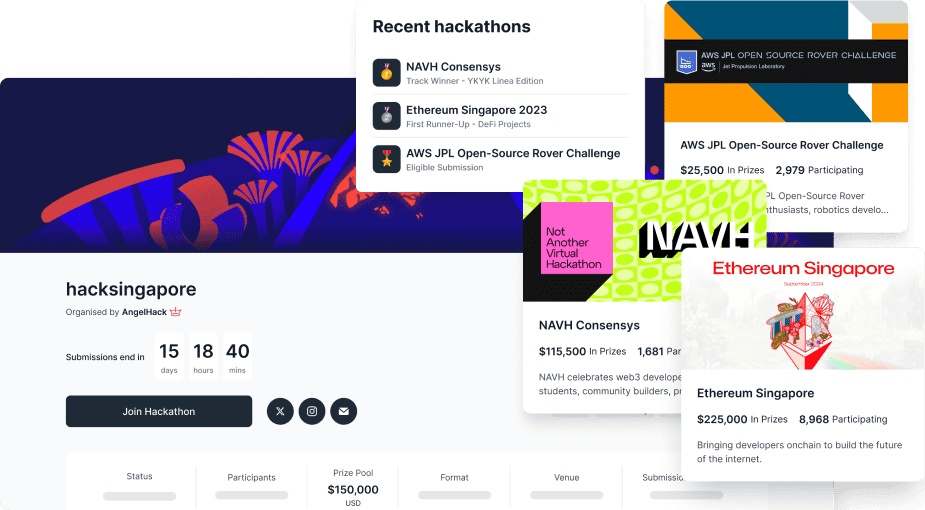
Hackathon Platform
Your virtual hackathon will hosted on the StackUp platform, home to 160k developers
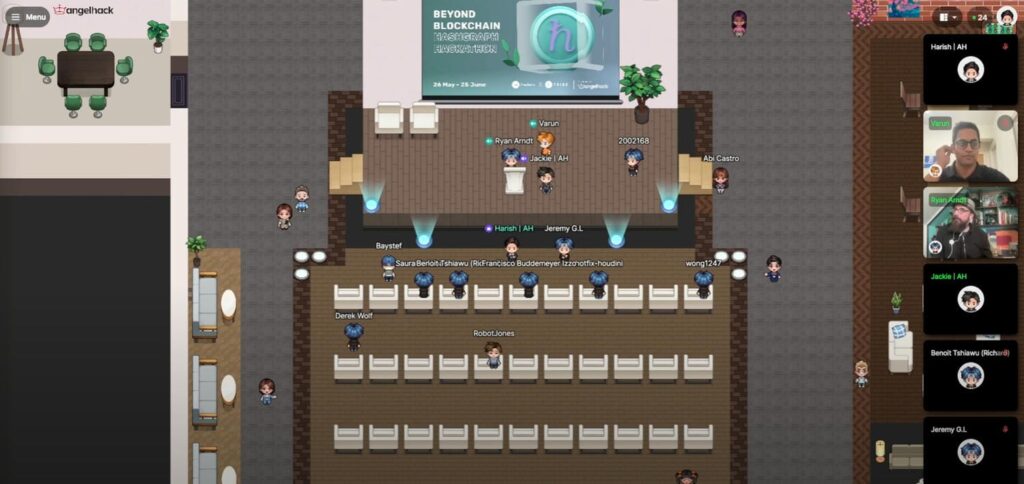
Program Design
We customise the hackathon to your needs – everything from challenge statements to workshops
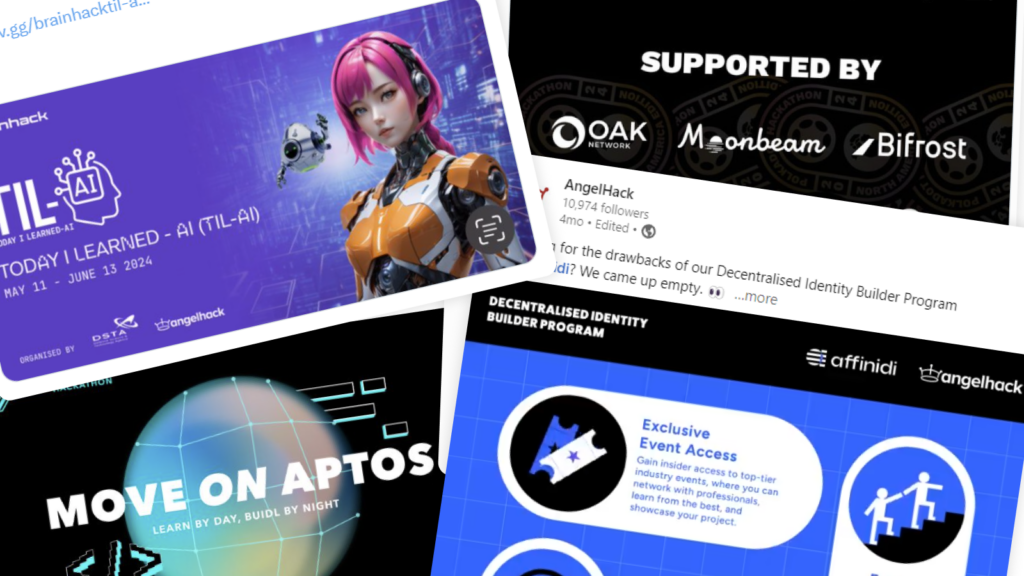
Marketing & Outreach
We brand and promote your hackathon through paid channels and to our community of 300k developers & 140+ community partners
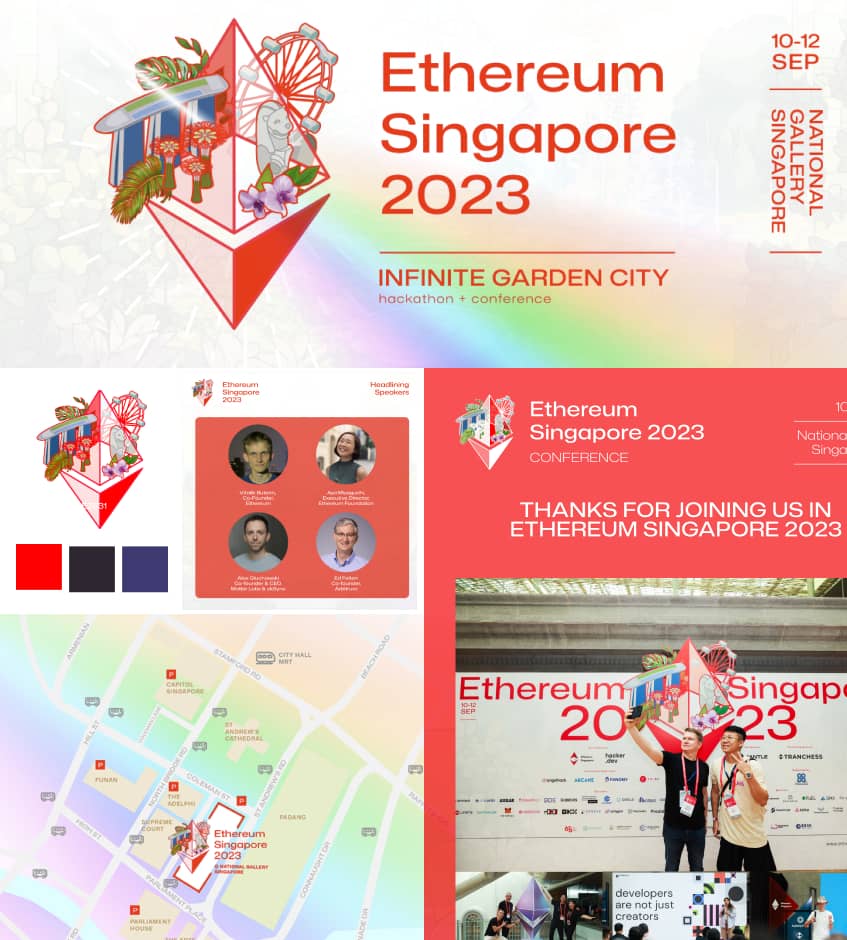
Branding & Collaterals
We craft a cohesive brand identity for your hackathon, from logo design to digital collaterals – ensuring your event stands out.
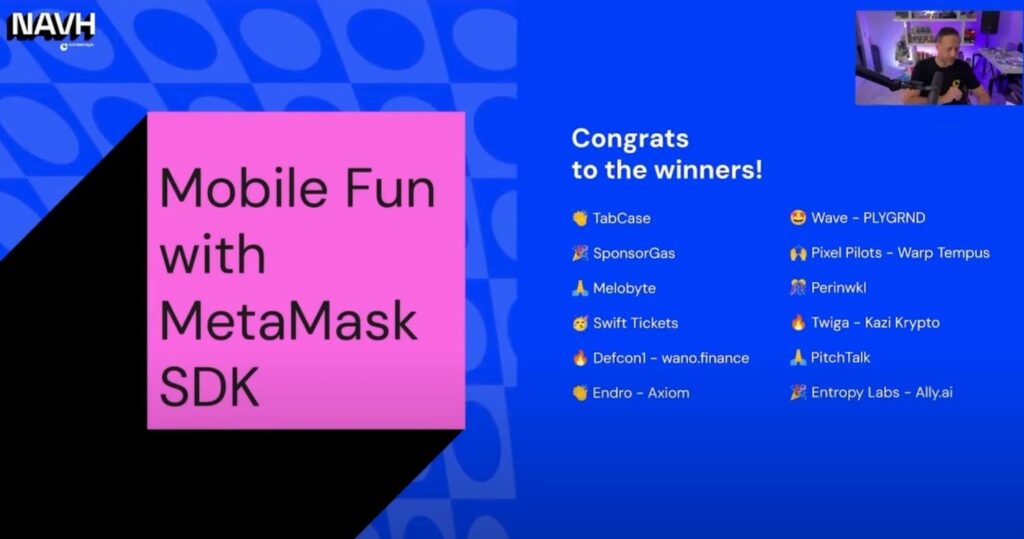
End-to-End Fulfilment
We manage everything that goes into a hackathon: registrations, submissions, mentors, judges, prizes…
Our Latest Hackathons
Accelerate Impact with Hackathons
Spark new ideas and fast-track solution development by crowdsourcing solutions
Boost engagement and visibility with hackathon platform designed to showcase and integrate your products
Identify and attract top talent through dynamic challenges that showcase real-world skills
Our Hackathon Planning Process
1. Understand (3-4 months before)
- Define Objectives:
- Clarify the primary goals of the hackathon, such as fostering innovation, solving specific challenges, or enhancing community engagement.
- Identify Target Audience:
- Determine the demographic (e.g., students, post-graduates, entry-level professionals) and professional backgrounds (e.g., developers, designers, entrepreneurs) of desired participants.
- Budget Planning:
- Outline the financial plan, including but not limited to, allocations for venue, marketing, prizes for winners, SWAG (Stuff We All Get) and other essential components.
2. Plan (2-3 months before)
- Select Themes and Challenges:
- Decide on the central theme and specific problem statements that participants will address during the hackathon.
- Conceptualize Marketing Strategy
- Develop a targeted marketing strategy with key messages, desired personas, content calendar and ad campaigns
- Finalise Program Design
- Plan the hackathon’s narrative, schedule, workshops, and sessions to align participants with objective(s) of the hackathon
- Recruit Speakers and Mentors:
- Invite industry experts, professionals, and mentors to guide and inspire participants
3. Prepare (1-2 months before)
- Launch Marketing and Outreach:
- Put your marketing strategy to work by utilizing social media, email campaigns, and partnerships to promote the event.
- Open Participant Registration:
- Set up a registration platform and monitor sign-ups, ensuring clear communication with registrants.
- Provide Pre-Event Resources:
- Offer preparatory materials, guidelines, and tools to registered participants.
- Set Up Communication Channels:
- Create and organize digital spaces (e.g., Slack/Discord channels) for participants, mentors, and event announcements/updates.
4. Launch Hackathon
- Kick off Event:
- Host an opening ceremony via live stream or pre-recorded video, introducing themes, rules, and judging criteria.
- Support Hacking Period:
- Ensure ongoing mentor support through scheduled office hours, Q&A sessions, and live chat support.
- Facilitate Submission and Judging:
- Collect project submissions, coordinate the judging process, and announce winners.
- Follow-Up & Feedback:
- Distribute prizes, send thank-you messages, gather participant feedback, analyze outcomes, and share post-event content.






Our Hackathon Insights
FAQ
Where are your virtual hackathons hosted?
Our virtual hackathons are hosted on our hackathon platform built on StackUp, a community platform for developers to learn and grow. For a more customised approached, we also host hackathons with dedicated websites and event management applications.
What’s the regular duration of a hackathon?
Virtual hackathons typically take place between 1 – 4 weeks
What are kinds of hackathons you run?
AngelHack runs internal (held within a company) and external (open to public) hackathons. For internal hackathons, it is typically used to spark innovation and collaboration within the workplace, while external hackathons are targeted at product adoption, product innovation, or sometimes talent sourcing.
What's the typical demographics for a public hackathon?
Hackathon participants are often a mix of developers (70%), designers (20%) and entrepreneurs (10%). That said, the demographic will defer depending on the challenges introduced at the hackathon. Essentially, each hackathon is unique and will attract different audiences to participate.
How long does it usually take to organize a hackathon?
Depending on scope, hackathons can take anywhere from 8-12 weeks to organize. This includes planning, hackathon design, promotion, and logistics.
What is the cost of organizing a hackathon?
The cost depends on factors such as event size, type (in-person, virtual, or hybrid), location, and additional services. We offer custom pricing based on your specific needs!
Run Your Best Hackathon Yet
TRUSTED BY INDUSTRY LEADERS














